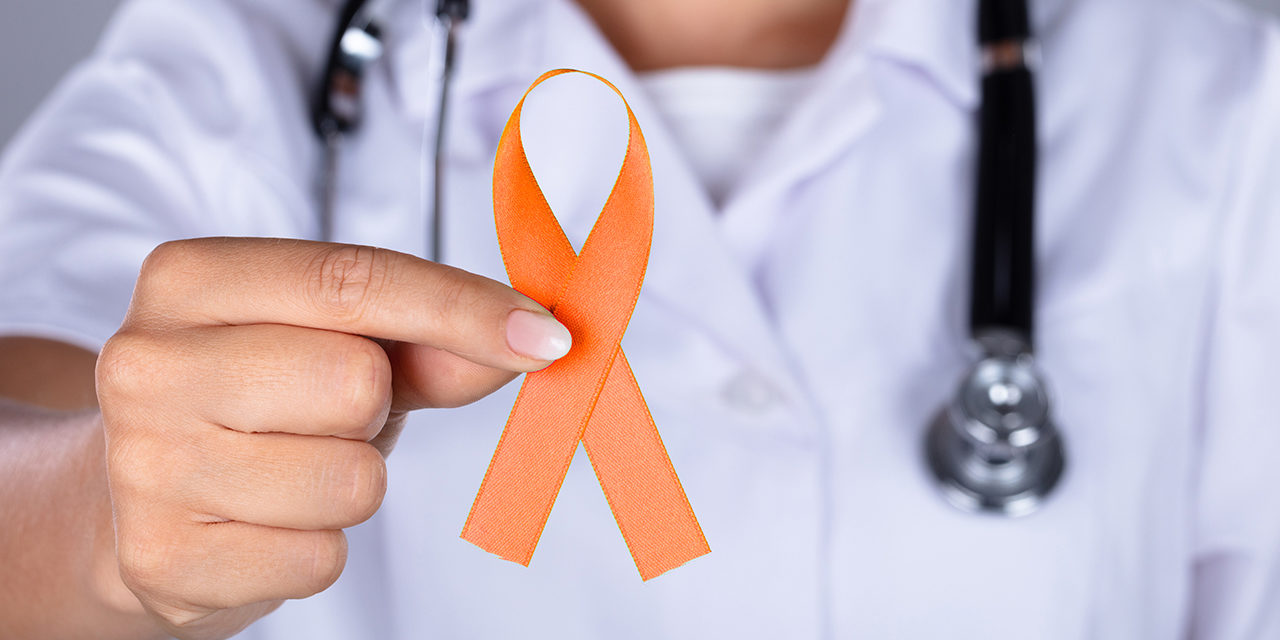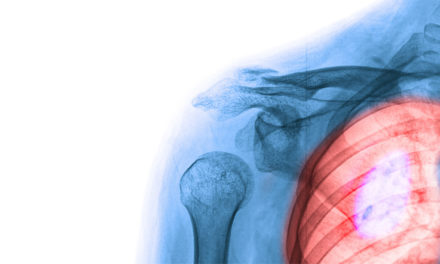Multiple sclerosis (MS) is a disease in which the body’s immune system attacks its nervous system, leading to permanent side effects. As the nerves deteriorate, tissue damage forms in the brain, making it difficult for signals to be sent to other parts of the body.
The symptoms that develop are based on the location of the damaged nerves, and can include optic neuritis, numbness or tingling of the limbs and face, bladder and bowel issues, difficulty walking, depression, fatigue, and muscle spasms.
These symptoms can be debilitating, making catching MS in its early stages beyond crucial. Here are five common myths about this difficult disease.
5 Common Myths About MS
1
Multiple sclerosis only develops in the elderly.
MS actually tends to develop in young adults, typically between the ages of 20 to 50. It can even develop during early childhood. Though symptoms tend to worsen as people grow older, the initial development often occurs earlier in a patient’s life.
2
Genetics play a role in MS development.
Many people think that if they have MS, their children will also be likely to develop it. In reality, the chance of those children developing MS is only slightly higher when compared to children of parents without MS. Generally speaking, multiple sclerosis is not an inherited disease.
3
Multiple sclerosis does not affect mental capabilities.
Because many of the symptoms of MS affect physical aspects of the body, such as the ability to walk, people often forget that these are a result of the brain deteriorating. People with MS can also have a difficult time recalling memories, thinking critically, and processing new information.
4
People with multiple sclerosis shouldn’t exercise.
Because patients often struggle with coordination, it is often believed that working out could lead to catastrophic injuries. However, the physical and emotional benefits of exercise are incredibly beneficial for patients. In order to safely exercise, participation in low-impact activities such as swimming, yoga, or stationary biking is encouraged. Staying fit means it’s easier to move around, and aerobic exercise can improve mental health, fatigue, and difficulties with bowel movements.
5
If symptoms aren’t debilitating, you don’t need help.
As soon as any signs of MS develop, it’s important that you contact your doctor. There are multiple medications on the market that can combat the effects of this disease, reducing the number of attacks and making symptoms less severe. Finding a way to counteract the disease early on can slow its development.
Catholic Health offers a variety of treatment options to help people battling MS. For more information on therapy options, call us today.
Find a Neurologist Near You
Call (716) 706-2112
Find a Neurologist Near You
Call (716) 706-2112





